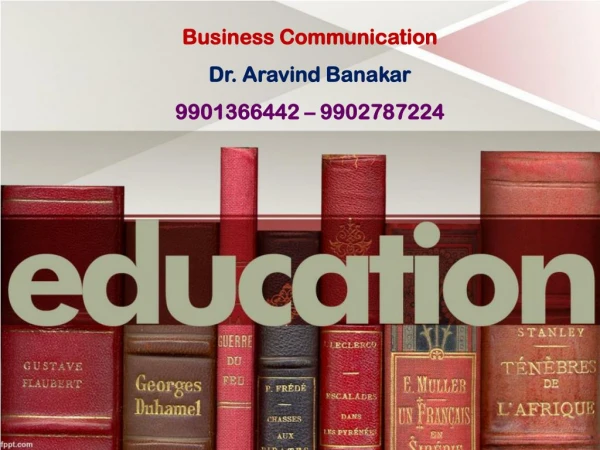What really makes a mediator effective Are the skills you use as a mediator the same as others
Assignment Solutions, Case study Answer sheets Project Report and Thesis contact aravind.banakar@gmail.com www.mbacasestudyanswers.com ARAVIND – 09901366442 – 09902787224 Business Communication CASE STUDY (20 Marks) What really makes a mediator effective? Are the skills you use as a mediator the same as others? Do you try to specifically do certain actions while also avoiding others? The above questions are some of the ones I am exploring while I conduct my doctoral research at Griffith University Law School on nonverbal communication and mediators. The first question, I argue, has already been answered in multiple research studies, I am simply (well not that simple) delving deeper into the issue from the nonverbal communication perspective. After reviewing the studies, I determined three skills contained were frequently mentioned while many other skills fit within these three. The three are: developing rapport, building trust, and displaying professionalism. For my research, I argue that: 1) Each (rapport, trust, professionalism) is created primarily through nonverbal communication and 2) The mediator’s introduction is a critical moment where each of the three are observable based on the mediator’s actions. An issue that arises is the complexity of mediation, the existence of various mediation models, and the vast amount of personal styles of the individual mediator makes it burdensome for a research to try and identify specific actions, verbal or nonverbal, used by mediators. Luckily, research in nonverbal communication corresponding with rapport, trust, and professionalism along with research in conflict resolution has provided a great starting block. The other building blocks of effective mediators in my research are offered through three studies. First, a survey of almost 400 mediators worldwide provided both quantitative and qualitative data giving insight into a variety of topics related to nonverbal communication. Examples include specific actions a mediator does to build rapport with the parties (hint: eye contact is very important); the choice of clothing by a mediator depends greatly on the context of the mediation session; what type of room design does a mediator prefer and if the context matters; nonverbal Communication and the mediator’s introduction is viewed as being very important; and if the gender of the party matters if the mediator is going to shake their hand when greeting them. Second, if the first study looks at what mediators think, I wanted to next find out what they are being taught. For this, I engaged in ethnographic interviews of mediation trainers and professors to find out how mediators are being taught nonverbal communication, rapport, trust, and professionalism. The information, and admittedly my opinion is very biased, is incredibly interesting where you will find yourself nodding your head (nonverbal communication pun intended!) while at other times the comments offered by the trainers and professors you will find surprising. Answer the following question. Q1. What really makes a mediator effective? Discuss. Q2. Give your views on the case. Assignment Solutions, Case study Answer sheets Project Report and Thesis contact aravind.banakar@gmail.com www.mbacasestudyanswers.com ARAVIND – 09901366442 – 09902787224
★
★
★
★
★
88 views • 6 slides
